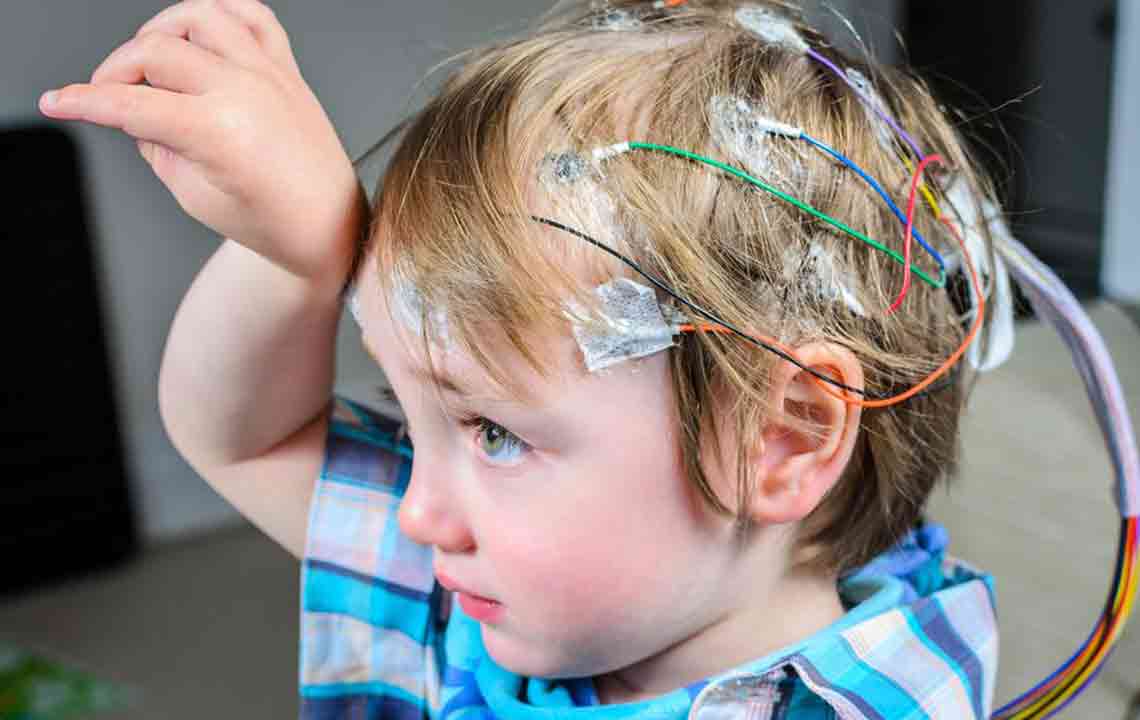Effective Strategies for Managing and Treating Seizures
Discover comprehensive strategies for managing seizures effectively. Learn about medication adherence, lifestyle adjustments, and support systems that empower epilepsy patients to lead safer, more active lives. This guide emphasizes self-management, caregiver support, and professional guidance to control seizures and improve quality of life.
Sponsored

Seizures occur when brain nerve cells become disrupted, leading to episodes that can affect daily functioning. While there is no cure for epilepsy, various management and treatment options are available. Doctors often recommend imaging or lab tests to diagnose the condition, but self-management plays a crucial role in controlling seizures and improving quality of life.
This article highlights practical approaches for patients, caregivers, and healthcare providers to handle seizures effectively.
Key Considerations for Managing Epilepsy
Living with epilepsy can impact everyday activities, including work, school, and household tasks. Uncontrolled seizures may cause injuries, depression, anxiety, or even be life-threatening.
Managing epilepsy often involves a combination of medication, lifestyle modifications, and support strategies. While treatment can be exhausting, proactive self-care can help regain confidence and normalcy.
To keep seizures in check, patients should adhere to prescribed medications, monitor possible triggers like stress, and maintain a seizure diary. Adequate sleep, gentle exercise, and stress reduction significantly lower seizure risks. Building a strong support network with family and friends further aids recovery.
Support for Parents and Caregivers
Caregivers should stay in close contact with healthcare providers for guidance on managing seizures. Engaging with programs like CDC’s "You Are Not Alone" and exploring clinical trials can offer additional treatment options. Resources from organizations like the Epilepsy Foundation provide valuable support and information for families dealing with epilepsy.
Guidelines for Patients
Consistent medication intake and open communication with healthcare providers are vital. Recognizing personal seizure triggers, tracking seizure frequency, ensuring proper rest, and practicing safe, gradual exercise help control episodes. Managing stress through relaxation techniques and staying socially connected also contributes to reducing seizure frequency.
Role of Healthcare Professionals
Medical practitioners should promote self-management programs tailored for epilepsy, empowering patients to take control of their condition. Ongoing training and support for healthcare staff enhance treatment delivery and patient outcomes. Though epilepsy remains incurable, dedicated self-care and medical management enable patients to lead safer, more fulfilling lives.
By implementing these strategies, individuals with epilepsy can better manage their seizures, leading to improved safety and well-being. Raising awareness and fostering a supportive environment are essential steps toward helping those affected by epilepsy thrive.






